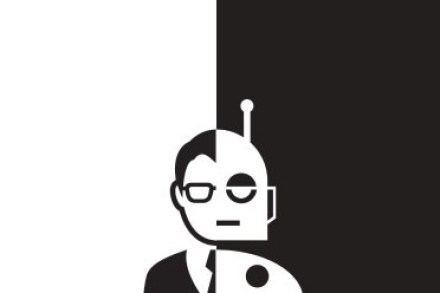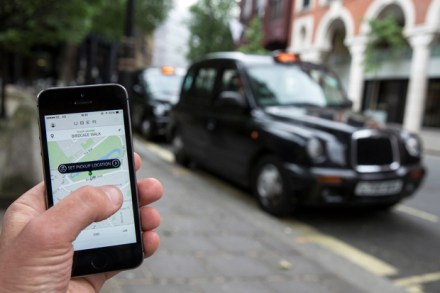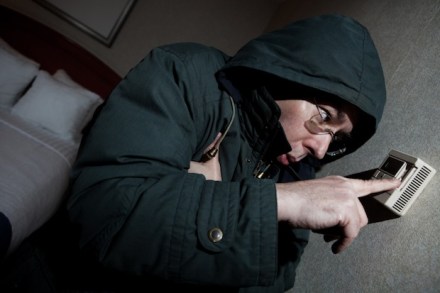Good luck having a proper holiday if you own a smartphone
This time last year, the Spectator’s Clarissa Tan discussed how you can never really have a proper holiday if you own a smartphone. A year on, and Clarissa is no longer with us, but her wonderful writing still is: I was sitting on some rocks by the Cornish coast when a teenager swanned by on the sun-warmed boardwalk in front of me. The boy stood on the burning deck, preparing to dash across the sand, dive. Then his phone rang. ‘Luce! Yes, I’m at the sea… Was just going to plunge… Ran back to my mobile… Ha ha!… No, didn’t forget, will share that file on Google Docs… How’s France?… Awesome…



















